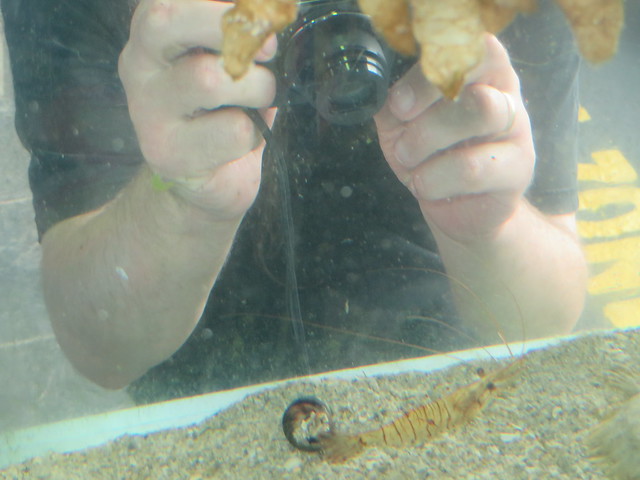In my last post I shared a quote from Joanne McNeil introducing the idea of researcher as lurker. Since then I have been thinking at some reasons for researchers to show or hide themselves from their participants, and the related issues of visibility of data and ethical considerations. Here is my starter for ten about levels of researcher visibility and possible research reasons.
| Researcher Visibility | Research Reason |
| Status as researcher disclosed to participants from the outset | Participatory research Ethnography |
| Status as researcher initially hidden (not disclosed to participants), disclosed at/after data analysis stage | Concerns about researcher influencing behaviour (e.g. Hawthorne effect). Later disclosed so participants can authenticate interpretation |
| Status as researcher never disclosed to participants during data collection or analysis stage | Participant point of view not relevant Researcher as ‘god-like’/expert Data is being collected after the event Participants are anonymous |
| Data Visibility | How? |
| Public throughout | Open research/open data |
| Public at publication of project | Shared to institutional database |
| Shared with participants | Various ways |
| Shared on request | Various ways |
| Never shared |
My next stage is to think through types of ethical (approval) to match these.
[I think more and more, by the way, that the insistence on the need for ethical approval by institutional gatekeepers is problematic (and not at all ethical). I say something about this in my PhD thesis (see ~ p 82).]


